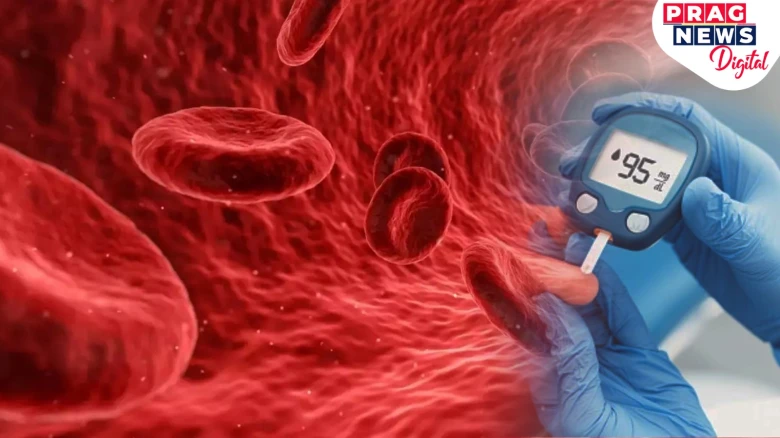The disease affects the majority of non-Hispanic Black adults who have multiple myeloma...
Digital Desk: When compared to people without diabetes, those with multiple myeloma, a blood cancer of the plasma cells in the bone marrow, have a worse overall survival rate. According to a study in Blood Advances, this difference in survival related to diabetes was detected in white patients in a subgroup analysis but not in black patients.
The frequency of the condition is rapidly increasing, with 13% of Americans having diabetes, according to the Centers for Condition Control and Prevention. The disease affects the majority of non-Hispanic Black adults in the United States who have multiple myeloma, the second most common blood cancer.
Although researchers have long known that people with diabetes have a higher risk of developing multiple myeloma, this is the first study to look at racial differences in survival rates among people with these comorbid diseases.
In a retrospective study, researchers collected data from the electronic health records of 5,383 multiple myeloma patients from two academic medical centres: Memorial Sloan Kettering Cancer Center and Icahn School of Medicine at Mount Sinai. 15% of the patients included (12% of white patients and 25% of Black patients) had a diagnosis of diabetes.
Researchers observed that among patients with myeloma, those with diabetes had poorer survival rates than those without. While white patients with myeloma and diabetes had shorter survival rates than those without diabetes, they did not see this effect among Black patients when analyzing results by race.
In their research into the mechanisms underlying these results, researchers found that non-obese diabetic mice with multiple myeloma tumours grew more quickly than non-diabetic controls. Researchers found that an insulin-related signal was overactivated in diabetic mice after examining the biological mechanisms underpinning tumour growth in these mice. This finding led them to hypothesize that higher insulin levels linked to diabetes may hasten the growth of cancer.
It should be noted that because this study was retrospective, its conclusions do not take into consideration how the standard of treatment patients with diabetes receive may affect survival rates. Researchers hope to address this in future studies.
Further restrictions include the fact that race was self-reported and that the study was restricted to the academic hospitals to whom the individuals included were referred.
And the researchers want to find treatments that can prevent the growth of multiple myeloma as well as the overactive insulin signalling pathway, which they think may be common in people with multiple myeloma and diabetes. And is also looking at how one might improve the prognosis of cancer by modifying modifiable risk factors including food and the microbiota.

Leave A Comment